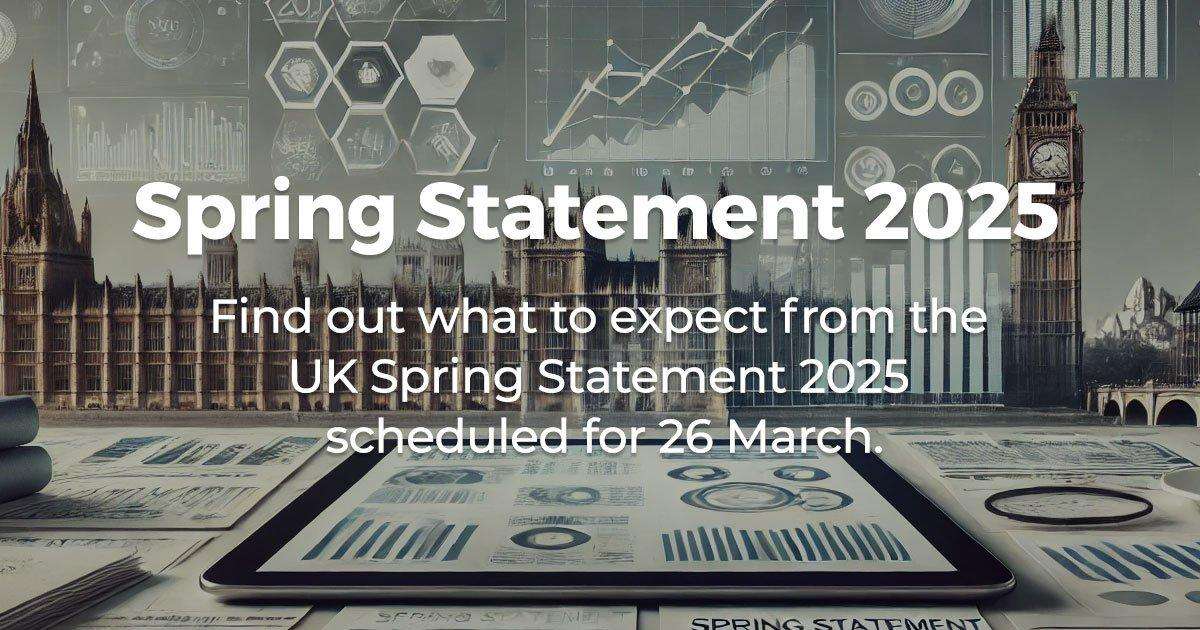Summary-High borrowing costs and low economic growth have already wiped out the government’s £9.9 billion “fiscal headroom”, according to reports from Bloomberg earlier this month. As a result, speculation is rising as to whether the chancellor will need to reassess this stance.
National Living Wage:
It's confirmed that the National Living Wage will increase to £12.21 per hour from April 2025. This will have significant implications for businesses, particularly those in sectors like retail and hospitality.
Tax:
There's ongoing discussion about potential adjustments to various tax policies. Areas to look out for include:
Taxation of carried interest.
Possible changes to dividend tax allowances and capital gains tax exemptions.
Public Spending:
Key areas of public spending that will likely see changes include:
NHS funding: Addressing hospital waiting lists and overall healthcare investment.
Green energy initiatives: Continued investment in projects like green hydrogen and carbon capture.
Housing and infrastructure: Funding for initiatives like the Warm Homes Plan and infrastructure improvements.
Economic Context:
The budget will be set against a backdrop of ongoing economic challenges, including:
Inflation: While efforts are being made to bring it down, it remains a key concern.
Economic growth: Projections for economic growth will influence budget decisions.
It is worth noting that general elections will be happening in 2024, so the 2025 budget could be heavily influenced by the results of that election.
The Chancellor has announced that the Spring forecast will take place on Wednesday 26 March 2025.
To give you the latest update on the UK economy, here's a summary of key points based on recent data:
GDP Growth:
The UK's Gross Domestic Product (GDP) is showing signs of slow growth. Recent data indicates that the economy grew by 0.1% in the final quarter of 2024.
This follows a period of stagnation, and reflects a somewhat fragile economic environment.
The services sector has been a key driver of this slight growth.
Inflation:
Inflation remains a key concern. While there have been fluctuations, it continues to be a factor influencing economic stability.
It is important to keep up to date with the consumer price index releases from the ONS, as this data fluctuates.
Key Factors:
Ongoing global economic uncertainties, as well as domestic policy decisions, are impacting the UK economy.
Business
confidence is a factor that is being closely monitored.








.svg)



